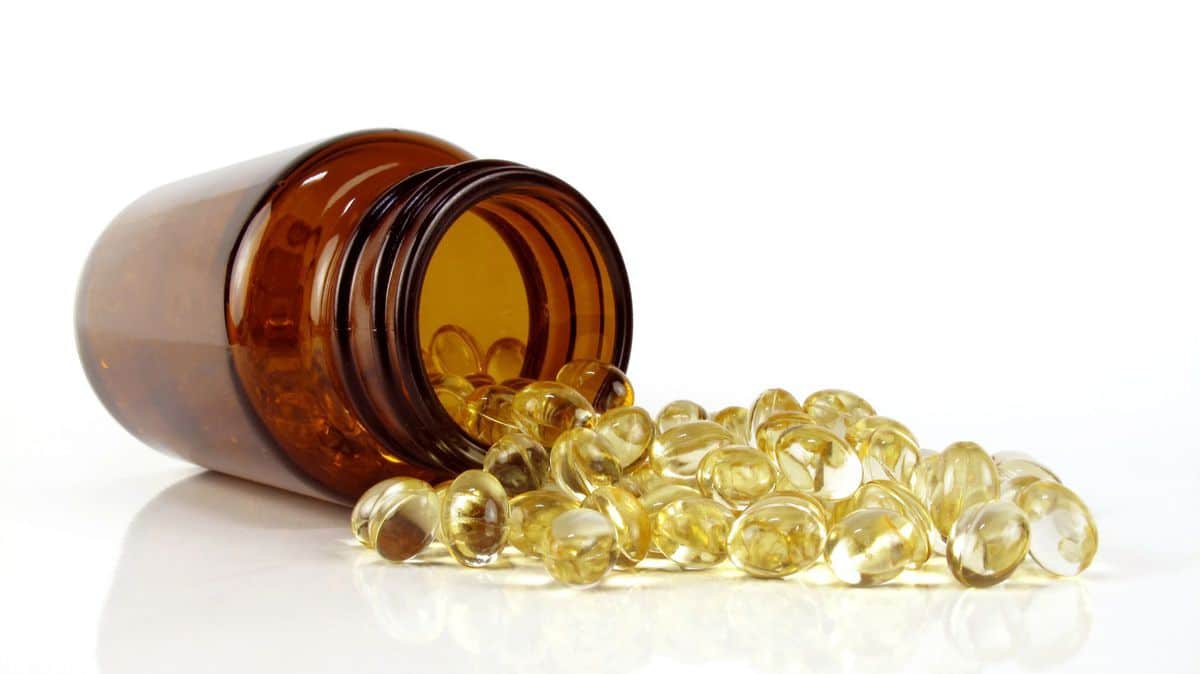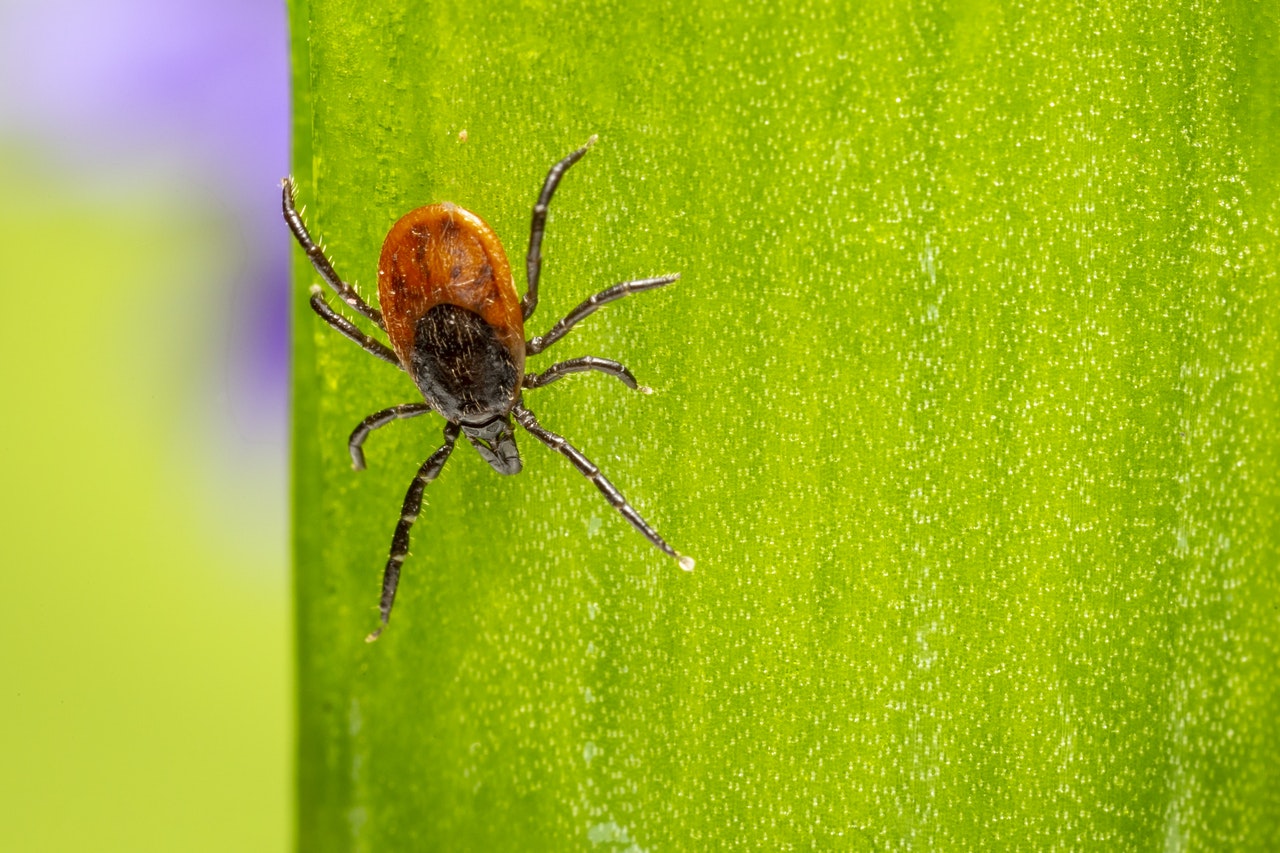A new report published today discusses the role of vitamin D on the human body. The researchers from The Irish Longitudinal Study on Ageing (TILDA) at Trinity College have published a comprehensive report on how vitamin D helps to reduce respiratory infections and improves immunity. So there are high chances that taking vitamin D rich food or vitamin D supplements could save you from COVID-19 as well.
This report is published online. Click here to read it.
Every one in eight Irish people under 50 are suffering from Vitamin D deficiency. It is naturally produced by the largest human organ, skin. However, for that, the person needs to get sunlight exposure for at least 10 minutes per day.
Due to weather conditions, Irish people can only enjoy the sun between March and September. They can not produce it in colder temperature hence are dependent upon vitamin D supplements to balance the intake.
Also read- Coronavirus Pandemic May Increase Risk Of Childhood Obesity
Every person should take vitamin D rich foods such as eggs, fish, liver, dairy, and cereal to maintain vitamin D levels in the body, along with exposure to the skin. Alternately that can opt for vitamin D supplements that prevent all respiratory diseases including the COVID-19.
These researchers from The Irish Longitudinal Study on Ageing (TILDA) also explain that Irish people are consuming insufficient vitamin D which might put their health to risk. Now that COVID-19 has turned into a pandemic, every person needs to take immunity-boosting foods and supplements to prevent them from catching such respiratory viruses.
The report also states that;
- 45% of older adults in Ireland are vitamin D deficient during winter
- 27% of adults (middle ages) are at high risk of vitamin D deficiency
- 1 in eight adults are generally vitamin D deficient during all months
- Only 4% of adult men and 15% of adult women use vitamin D supplements
People who get little sun exposure or eat inadequate amounts of fortified foods are most at risk, especially those who are currently house-bound or confined to their homes. Other people who fall into the high-risk category are those who are obese or physically inactive, and those that have asthma or chronic lung disease.
Vitamin D is available without a prescription. What is needed now is for people to increase their Vitamin D intake, especially as supplementation is low across the nation, and particularly low in men.
Also read- Can You Get Coronavirus From Food Cooked By An Infected Person?
The medical experts believe that every adult who is over 50 should definitely take vitamin D supplements. They should use it all year round but more regularly in winters when there is not enough sunlight. All those who generally spend their time indoors should also take it.
Dr. Rose Anne Kenny from TILDA, says;
‘”We have evidence to support a role for Vitamin D in the prevention of chest infections, particularly in older adults who have low levels. In one study Vitamin D reduced the risk of chest infections to half in people who took supplements. Though we do not know specifically of the role of Vitamin D in COVID infections, given its wider implications for improving immune responses and clear evidence for bone and muscle health, those cocooning and other at-risk cohorts should ensure they have an adequate intake of Vitamin D. Cocooning is a necessity but will reduce physical activity. Muscle deconditioning occurs rapidly in these circumstances and Vitamin D will help to maintain muscle health and strength in the current crisis.”
Dr. Eamon Laird, is the co-author in this study.
He says; ‘”These findings show our older adults have high levels of vitamin D deficiency which could have a significant negative impact on their immune response to infection. There is an even larger risk now of deficiency with those cocooning or confined indoors. However, vitamin D deficiency is not inevitable—eating foods such as oily fish, eggs, vitamin D fortified cereals or dairy products and a daily 400 IU (10ug) vitamin D supplement can help avoid deficiency. However, Ireland needs a formal vitamin D food policy/recommendation, which we are still lacking—for instance Finland has such a policy and has virtually eliminated deficiency in their population.”


